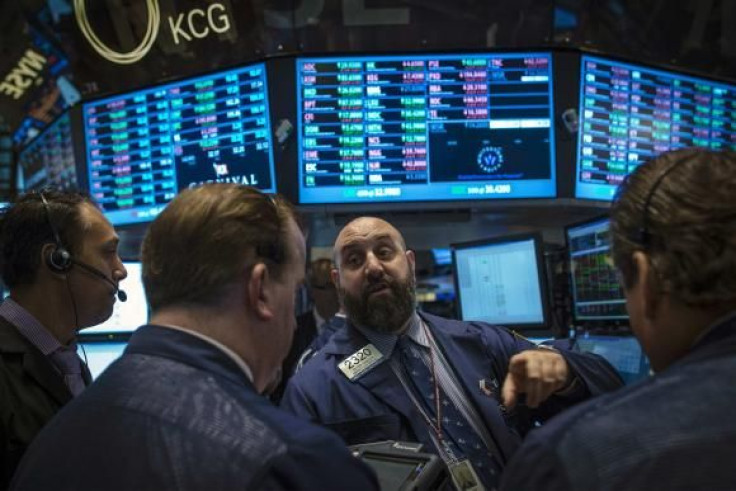Gender Gap 2014: Study Finds Female Executives Earn Lower Profits Than Male Peers On Insider Stock Trades

Women in the top ranks of their companies have more than just their paycheck to worry about when it comes to how they're compensated compared to their male counterparts. New research suggests that female executives actually earn half the profit on their registered insider stock trades as men in the same positions.
An analysis of insider trades over the last four decades found that while men made an adjusted 50-day return of 3.2 percent on them, female executives made returns of just 1.6 percent, according to a paper released on Wednesday by professors at the University of Michigan and Bryant University’s College of Business. Although the term “insider trading” often insinuates nefarious conduct, it can also refer to the legal practice of corporate insiders, such as officers, directors and employees, buying and selling stock in their own companies.
The paper focused on insider trades because they offer a measure of how knowledgeable executives are about their company's overall prospects, according to the researchers. If corporate leaders participate in trading but don't show profitable transactions, "we take that as a sign that they're not that well informed," said the study's co-author Nejat Seyhun, a professor of business administration and finance in Michigan’s Stephen M. Ross School of Business.
Seyhun said the findings indicate that female executives suffer a "knowledge gap," in large part because they lack the informal networks that men have. Male colleagues often chat casually with each other about company issues and performance and, as a result, dish out useful details for trading. But because there are fewer females at the highest rungs of the corporate ladder, women lack the same networking opportunities and are left out of the loop.
"Networks are gender-focused; men tend to spend more time with other men, and women tend to spend more time with other women," Seyhun said in an interview. In male-dominated offices, "this puts the woman at a disadvantage."
Seyhun and M.P. Narayanan, also a Michigan professor of business administration and finance, analyzed the insider trades registered with the U.S. Securities and Exchange Commission from 1975 to 2011 for their study, “Gender Differences in Executives’ Access to Information.” They adjusted for the larger number of high-ranked male executives and compared male and female executives of the same ranks.
Their research revealed that gender differences in executive trading activity exist among all corporate ranks, including officers, board directors and top executives like CEOs and CFOs.
The professors did find an exception, however. At firms with large numbers of high-ranking women, the profit advantage for male executives disappeared, because women with enough top-level peers were able to build out informal networks and become better informed about the company.
Seyhun said that his biggest takeaway from the paper is that, in firms with few female executives, "women reaching outside of the traditional networks to more senior men, in particular, will probably be beneficial for their career development. ... To be fully informed [on insider trades], they have to have a strong network."
© Copyright IBTimes 2024. All rights reserved.











